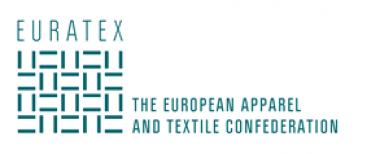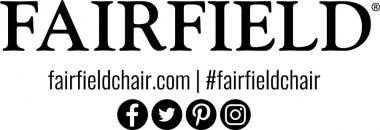NCTO: U.S. Trade Representative Katherine Tai highlights U.S. Textile Industry
Milliken & Company and American & Efird (A&E) hosted United States Trade Representative (USTR) Ambassador Katherine Tai in two separate visits to the companies’ state-of-the-art textile manufacturing facilities, marking an unprecedented visit to the heart of the U.S. textile industry in the Carolinas by the nation’s top trade chief.
Ambassador Tai’s visit comes at a pivotal time for the U.S. textile supply chain, which produced $64 billion in output in 2020 and employed nearly 530,000 workers. The industry has been at the forefront of a domestic production chain manufacturing over a billion personal protective equipment (PPE) items during the COVID-19 pandemic.
The Ambassador’s visit to Milliken included a tour of the company’s Magnolia plant in Blacksburg, S.C., and a roundtable discussion highlighting the important role women contribute to textiles, the critical need for policies supporting a domestic supply chain, and the significant impact of the sector to the U.S. economy. Milliken is one of the largest textile companies in the U.S., employing more than 6,000 associates domestically and an additional 1,350 associates globally. Milliken’s Textile Business alone employs 2,500 people across eight counties in South Carolina and is the fourth largest manufacturing employer in the Upstate.
On the second leg of her trip, Ambassador Tai visited American & Efird’s manufacturing facility in Mount Holly, N.C. American & Efird operates as part of Elevate Textiles and its global portfolio of advanced products and distinguished textile brands, including A&E, Burlington, Cone Denim, Gütermann and Safety Components, and representing more than 500 years of textile manufacturing knowledge.
During the visit, U.S. textile executives spanning the fiber, yarn, fabric, and finished product textile and apparel industry participated in a roundtable with the Ambassador at which they discussed the competitiveness of the domestic industry, outlined priority issues in Washington, such as the importance of the Western Hemisphere co-production chain and ways to jointly support domestic supply chains through Buy American and Berry Amendment policies that help onshore production, spur investment, maintain the safety and security of our armed forces and generate new jobs.
NCTO National Council of Textile Organizations personal protective equipment USA Milliken American & Efird
NCTO






























